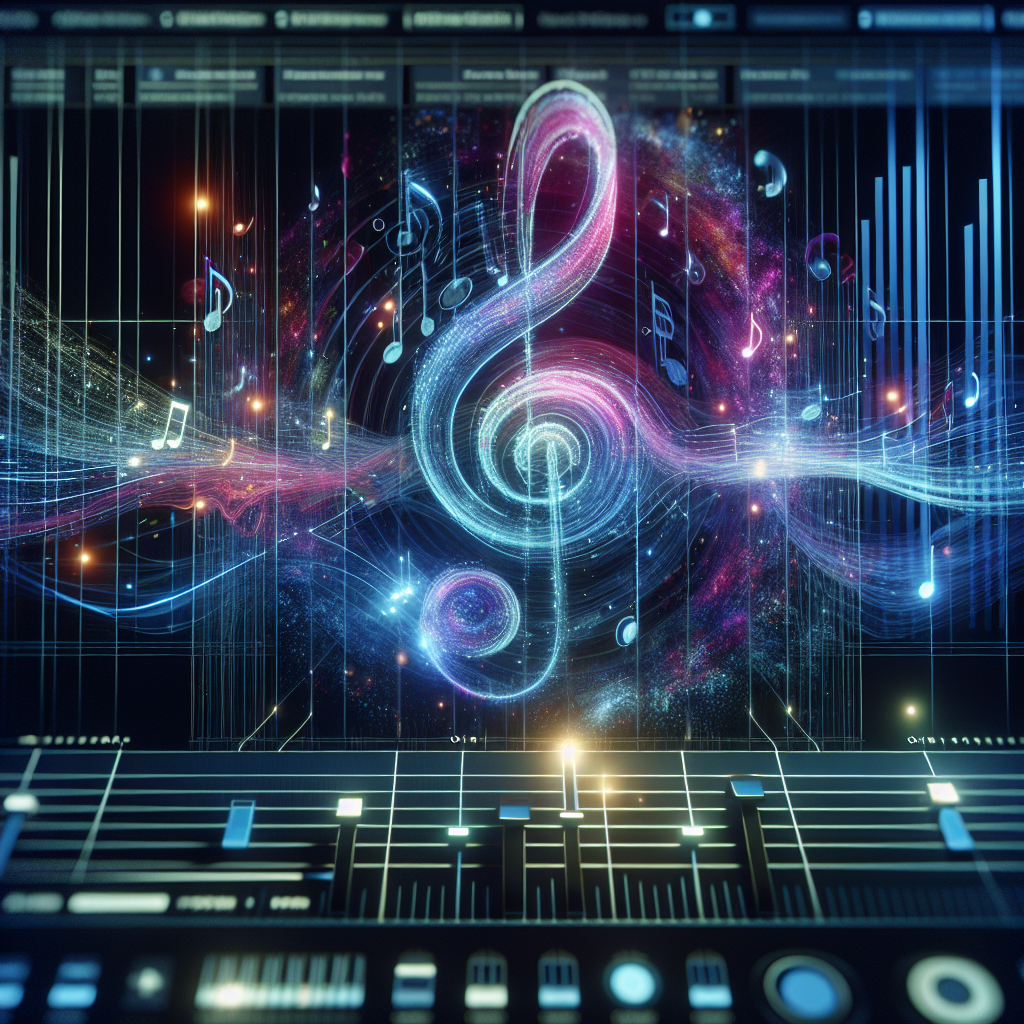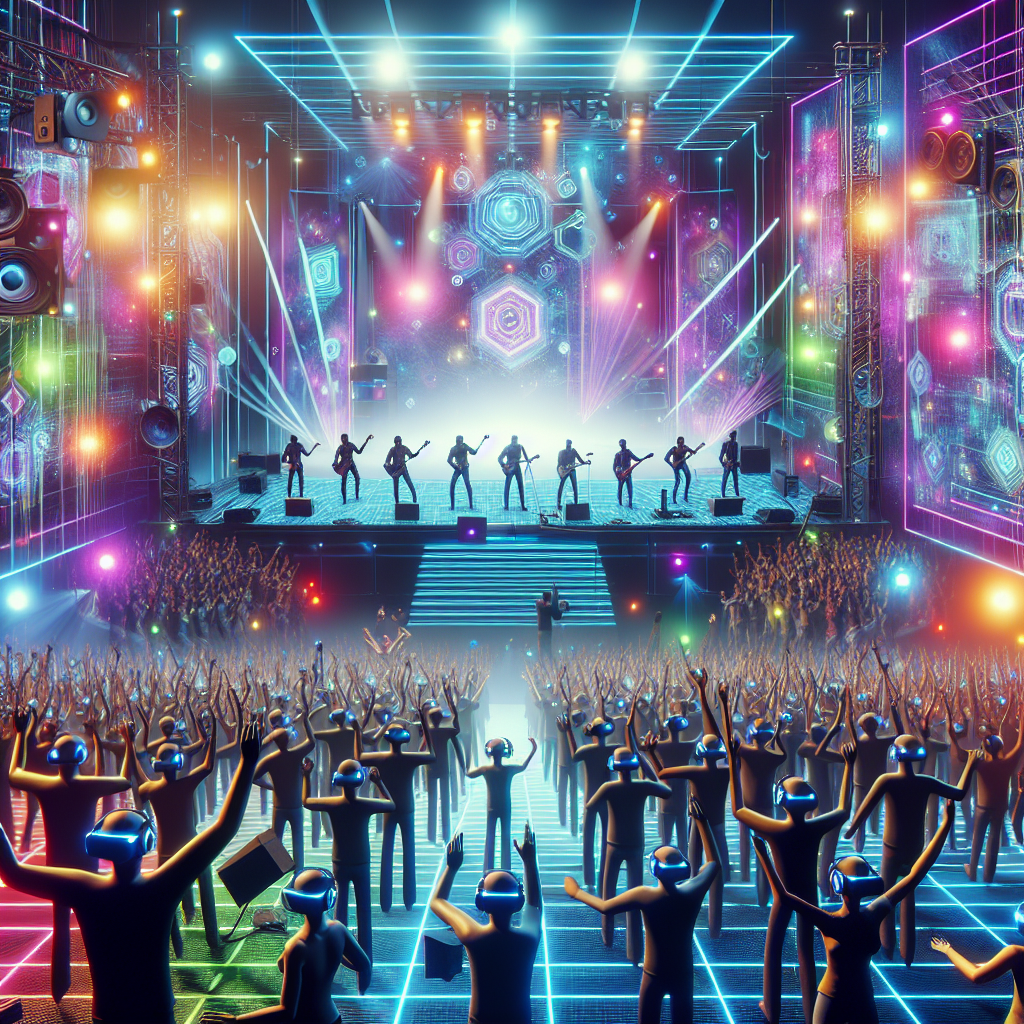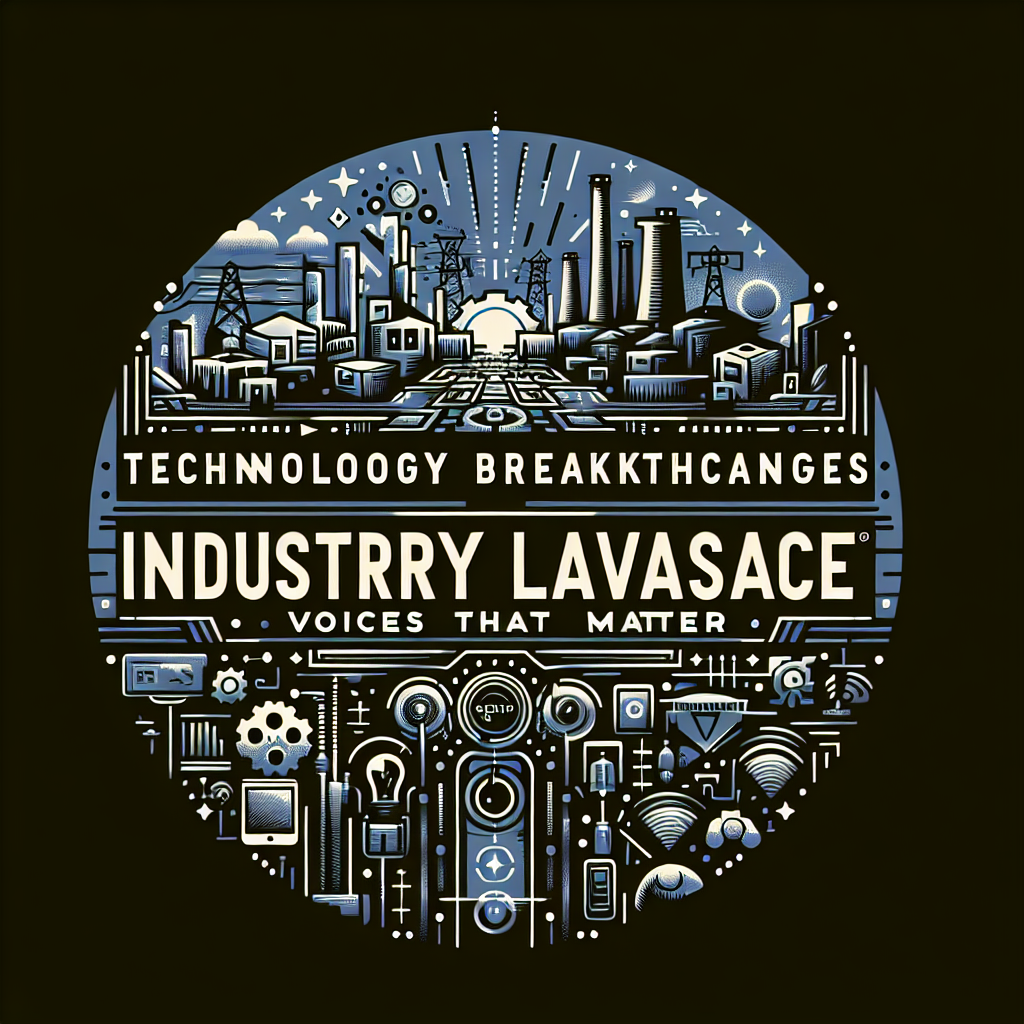The world of music is in perpetual motion. A confluence of artistic innovation and technological advancement shapes its ebb and flow. Recently, a seismic shift occurred within this vibrant ecosystem – a technology breakthrough that would change the industry’s landscape perpetually.
Artistic innovation was once bound by technological constraints. Now, through groundbreaking technologies such as artificial intelligence (AI), virtual reality (VR), and blockchain, artists have an expanded toolkit for expression.
This development has brought about significant changes in the music industry. Traditionally controlled by intermediaries like record labels and distributors, artists now interact directly with their audience through digital platforms.

This cultural impact cannot be understated; it’s reshaping societal norms around art consumption. It’s creating new experiences that challenge our preconceptions on what it means to listen to or create music.
‘The freedom I have because of these advancements is unparalleled,’ says indie electronic artist Emily Stone. ‘I can push boundaries without restrictions.’
Unsurprisingly, fans are responding enthusiastically to these novel experiences; they’re no longer just passive listeners but active participants in an immersive auditory journey.
The technical evolution driving this transformation continues at breakneck speed with AI-powered apps curating personalized song lists and VR concerts offering unprecedented fan engagement levels.
In terms of future directions? Expect more amalgamation between tech and creativity–cryptocurrency based transactions for indie artist support or holographic performances perhaps?
‘Every era leaves its imprint on the world,’ Professor Charles Keller from UCLA states when discussing the cultural significance of these developments.’This technological boom marks our era.’
Indeed, the waves created by this tech revolution will shape not just the musical legacy of artists but also redefine the industry’s future soundscape.


